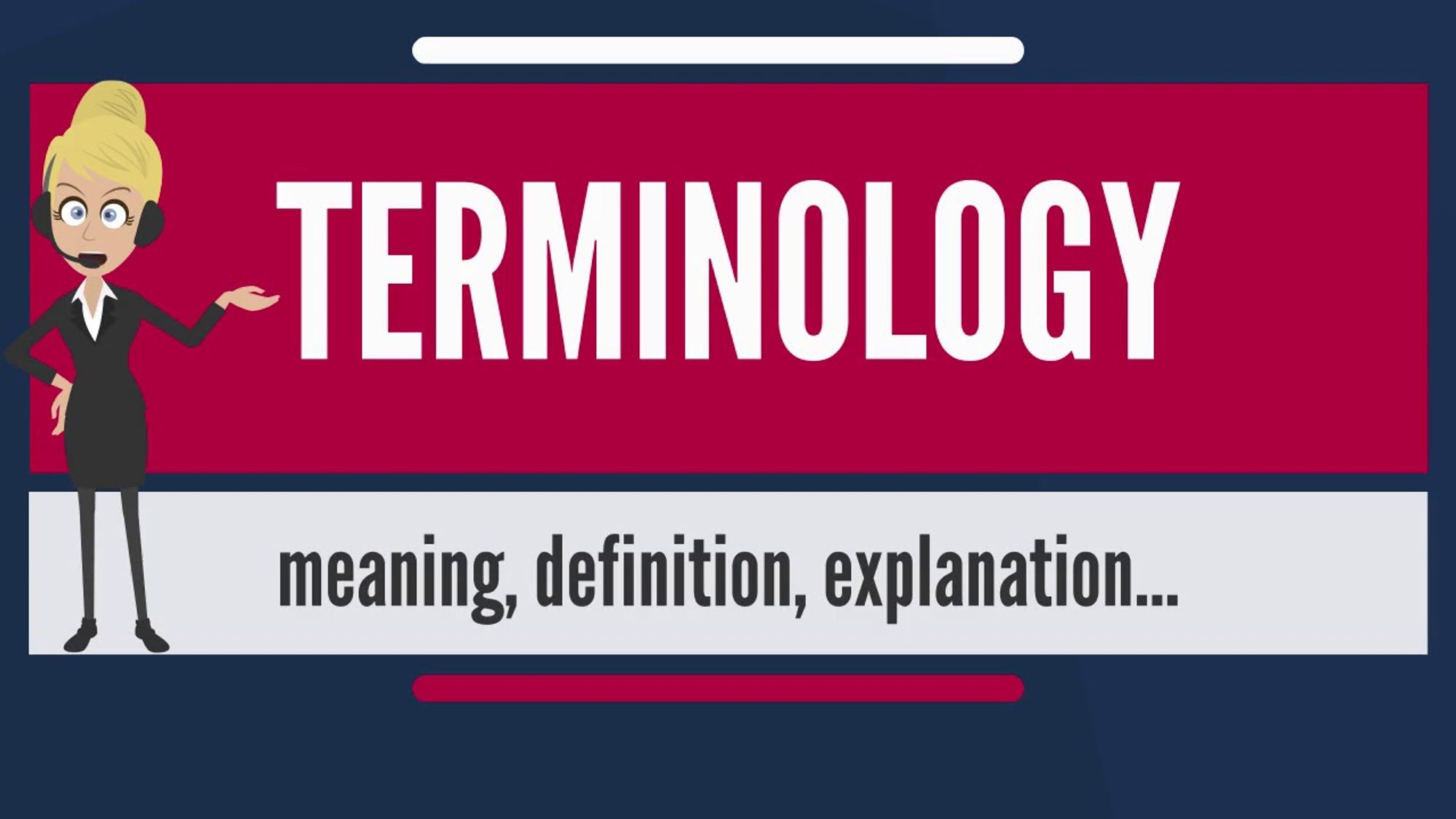In your admissions journey, you'll commonly hear these words being used all over the place. So knowing these words can help you understand the context of many discussions & application decisions.
Common App
This is an online application system that you’ll be using to apply to most US colleges. Commonapp.org
COA
Cost of attendance. The amount of money needed in total to attend the college for a year.
Class of “some-year”
Class of 2025 means the student will graduate in 2025.
Defer, Deferred
There are two types of deferrals.
1. This is the most common one. If a student applies EA\ED\REA\ED2 to a college and the college needs more time and information to make a decision on the application, then the admission committee ‘defers’ the application to the Regular Decision application cycle. It doesn’t mean a rejection; it means the committee will review your application again with the applicants from the Regular Decision pool.
2. If a student wants to enroll in a future semester instead of the one they were admitted to, then they can ‘defer’ their enrollment if the college allows.
Demonstrated Interest
Showing interest to a particular college through ED application, interview, virtual events, contacts with admissions with good queries that are not on the website things like that.
ECA
Extracurricular Activities.
ED, EA, RD, REA
ED (Early Decision), EA (Early Action), REA (Restrictive Early Action), RD (Regular Decision), these are types of application timeline. Details about this can be easily found in Google. (Search Keyword “What is the difference between ED, EA, RD”
EFC
Expected Family Contribution. The amount of money your family can pay for your college per year.
First-Generation College Student
You'll be a first-generation college student if no one in your family (includes only parents & siblings) has graduated from a four-year university
FLOW
First-Generation Low-Income college student. If you’re a first-gen college student coming from a low-income background, you’ll be usually referred to as a FLOW student.
Fullride
Financial aid + scholarship that covers the full cost of attendance.
Guidance Counselor
You need a school official authority to submit the documents on your behalf.They are called Guidance Counselors/Counselors. If you are a Bangla Medium student, and you don’t have any counselor in your school, just make the teacher counselor who you’re most closed to and who’s willing to help.
Holistic Admission Process
If a college pursues holistic admission process, no single component will make or break your application. You’d be judged as a whole with all the parts of the application. MIT admissions say best “Your application components are like bricks in a wall and we want to see all the bricks balancedly placed.”
Hooks
A hook is something that makes an applicant stand out; something that colleges want to see in an applicant. It describes something that puts an applicant apart from the other applicants. Here's some examples that I can think of:
1) Being highly ranked in the nation for a recruited sport. (Or something unique. I know someone who was ranked #25 or something in the nation for bowling, he competed all over the country and won a lot of awards. That is a very unique activity that colleges would love to see.)
2) Being a first-generation student, especially for elite universities/ T50s.
3) This is a bit of a sensitive issue, but one thing that can be a hook is not being the 'normal' applicant for a certain area or being an underrepresented minority. For example:
- A black female interested in engineering.
- A male interested in nursing.
- A hispanic/latino/a applicant interested in Finance.
4) Family Issues/Unique Circumstances For example, a homeless student who grew up in a foster home in inner Philadelphia would definitely stand out to college admissions teams.
5) Being Rich
6) Having Legacy (see definition of Legacy below)
LAC
Liberal Arts College. Students in a liberal arts college generally major in a particular discipline while receiving exposure to a wide range of academic subjects, including sciences as well as the traditional humanities subjects taught as liberal arts.
Likely Letters
Generally, top colleges provide likely letters to a very small number of admitted students several weeks before the decision dates. Mostly recruited athletes and URM (Under-represented Minority) applicants get this email; but a small number of top applicants get this letter, too. Universities that provide likely letters include Harvard, Duke, Stanford, Brown, Vanderbilt, and many more.
LOCI
Letter of Continued Interest. If a student is deferred or waitlisted in a college, it’s better to submit a succinct letter via email showing continued interest & informing about updated activities since he/she has submitted the application. Details and sample letters can be found via Googling. It’s known that ~20% of the waitlisted applicants submit LOCI which undoubtedly improves their chances.
Legacy
If anyone in the applicant’s family attended the college or worked for that college, then that applicant would be known as a ‘legacy’ applicant.
Need-aware
Colleges that take your financial ability into consideration when making admission decisions.
Need-blind
Colleges that do not take your financial ability into consideration when making admission decisions.
Need-based
Refers to financial aid provided based on your financial needs. Your merits do not contribute here.
Merit-based
Refers to scholarships provided based on your merits.
Predicted Grades
So in general most students apply to US colleges when they’re in the final year of high-school, meaning in 12th grade, before final examination (for Bangla Medium (BM) students, it’s HSC). So as they apply before the final examination, they have to submit a predicted mark-sheet provided by their counselor which will list the subjects and the possible grades you’ll achieve in the final examination. If you’re a BM student and you’re unsure how to do predicted grades, just put consistent grades similar to the Test exam you take before HSC.
Rescind
This is a dangerous one. If a college accepts you, it doesn’t mean that your life is set even if you do the most horrible things on earth, no. If, after acceptance, the college finds something illegal/terribly inappropriate about you, then they can take back their acceptance and you can’t do anything about it.
You can also get rescinded if you don’t be consistent with your predicted grades after the acceptance.
Reach, Match, Safety Colleges
‘Reach’ college means the college of your dream. ‘Match’ college means the college that fits your profile; you have a good chance of getting into. ‘Safety’ college means you’d get into this college pretty easily. You’d categorize your college list in this three categories according to your profile.
Rolling Admissions
Under rolling admission, candidates are invited to submit their applications to the university anytime within a large window.
Shotgunning
Usually, this term is used when someone applies to a college that requires no additional essays other than the common app essay. There are several top colleges that you can shotgun when you’re too burned out writing essays; the list includes Middlebury, Grinnell, Kenyon, and more.
Superscore
A college superscoring your SAT means they’ll take the highest number from each section across multiple tests you might take. Same with TOEFL/IELTS/DET superscoring.
T20, T50
T20 stands for Top 20 Colleges--the big shot ones like MIT, Harvard, Stanford, etc. Someone got into a T20 means he/she/they got into one of these top colleges.
Test-optional
A college if test-optional if SAT scores are not a required part of the application. Note that applicants would still need to submit TOEFL/IELTS/DET if they’re from Bangla Medium. In test optional colleges, colleges would look at your score if you submit it; if you don’t, they would evaluate you with other application components.
Weighted/Unweighted GPA
Unweighted GPA doesn't take the difficulty of a student's coursework into account. Weighted is the opposite. If you’re a Bangla Medium student, simply put Unweighted everywhere. If you’re a EM/EV student, put Unweighted, too.
Yield
Yield in college admissions is the percent of students who choose to enroll in a particular college or university after having been offered admission.

